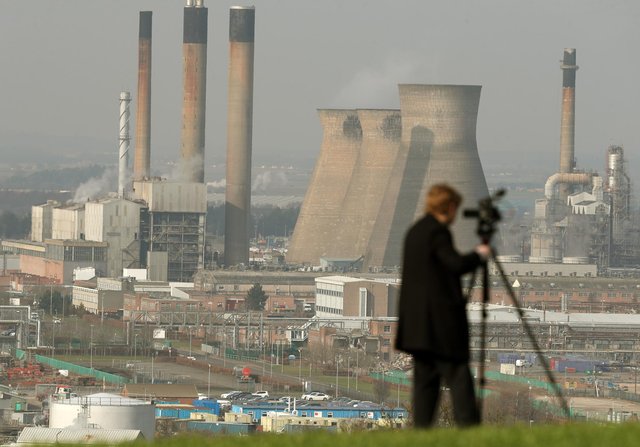Scottish Government needs to take action over polluting chemicals industry

November 03, 2021
Professor Andrew Watterson said the Scottish Government should connect concerns about chemical production and non-recyclable and unwanted plastics with production levels at existing ethylene crackers and similar plants.
Green chemistry researchers have identified bio-based alternatives to oil an gas based ethylene and plastics and much more could have been done to move these industries towards safer and more sustainable production and products, according to Prof Watterson, in a paper presented at a COP26 Coalition Workshop today.
He also said the Scottish Government should re-assess the actions and roles of regulators, Scottish agencies, and bodies such as SEPA, Health Protection Scotland, Public Health Scotland, health boards and local councils in identifying and controlling exposures to pollutants from all sites.
Prof Watterson said: “Scotland has a significant influence on some key national and international climate change drivers especially linked to oil, gas and related chemical and plastics production and the export of their technologies and expertise across the globe. The Scottish Government’s Just Transition and Fair Work Commissions with STUC and trade union engagement provide the means to put good policies into practice to protect workers, communities, and the environment from climate change impacts.
"However, vague promises, and broad and rhetorical statements from Ministers that currently exist on many of these topics will achieve very little.”